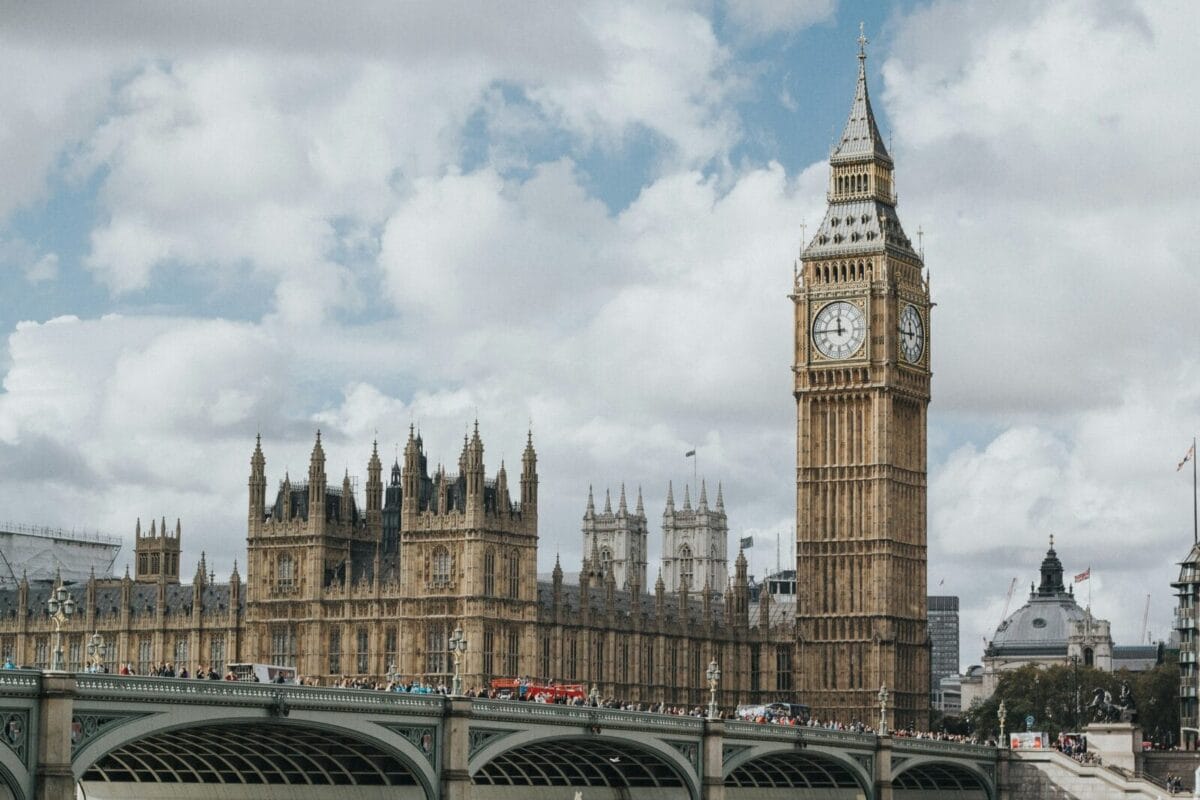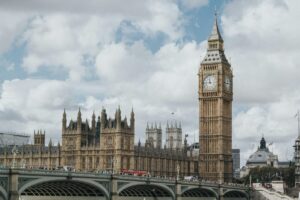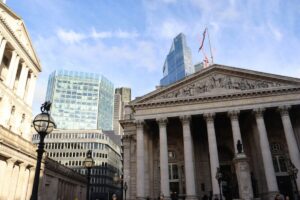Following the June retail sales data published this morning, industry experts have shared their reaction with IFA Magazine.
Their thoughts are below:
Mark Grant of the UK-wide business finance broker, The Business Finance Branch: “Increased sales are great news for any retailer, but if this latest data points to an increase in discretionary, or non-essential spending, this could be a double-edged sword when it comes to the next interest rate decision. The Bank of England has already expressed concerns about record wage growth, and a key intent in raising interest rates is to reduce the amount of discretionary spending in the economy and reduce inflationary pressure. In a week where inflation data has finally fallen again and the markets have come off the recent highs in mortgage fixed rates, the hope is that the discretionary spending in these retail sales results is a secondary concern for interest rate-setters at the Bank of England.”
John Choong, equity analyst at InvestingReviews.co.uk: “Building on an encouraging inflation print this week, June’s retail sales data is the icing on the cake. Retail sales volumes grew more than expected as consumer spending is showing no signs of cooling. Given the resilience of the UK consumer, combined with softening inflation, the probability of a soft landing has returned to the table. That said, investors will still have to be cautious. Larger volumes of spending could very well be the instigator that prevents inflation from falling back down to the Bank of England’s target of 2%. That will give the Monetary Policy Committee food for thought at the next meeting.”
Samuel Mather-Holgate of Swindon-based advisory firm, Mather & Murray Financial: “A year ago, prices of fuels and energy were near their peak after the start of the war in Ukraine. Although the devastating war continues, things feel less uncertain for UK households. This has translated into more confidence and higher retail sales, pretty much across the board. We are comparing to a period of ultra-low confidence, though, so this shouldn’t be seen as a sign the economy is thriving.”














